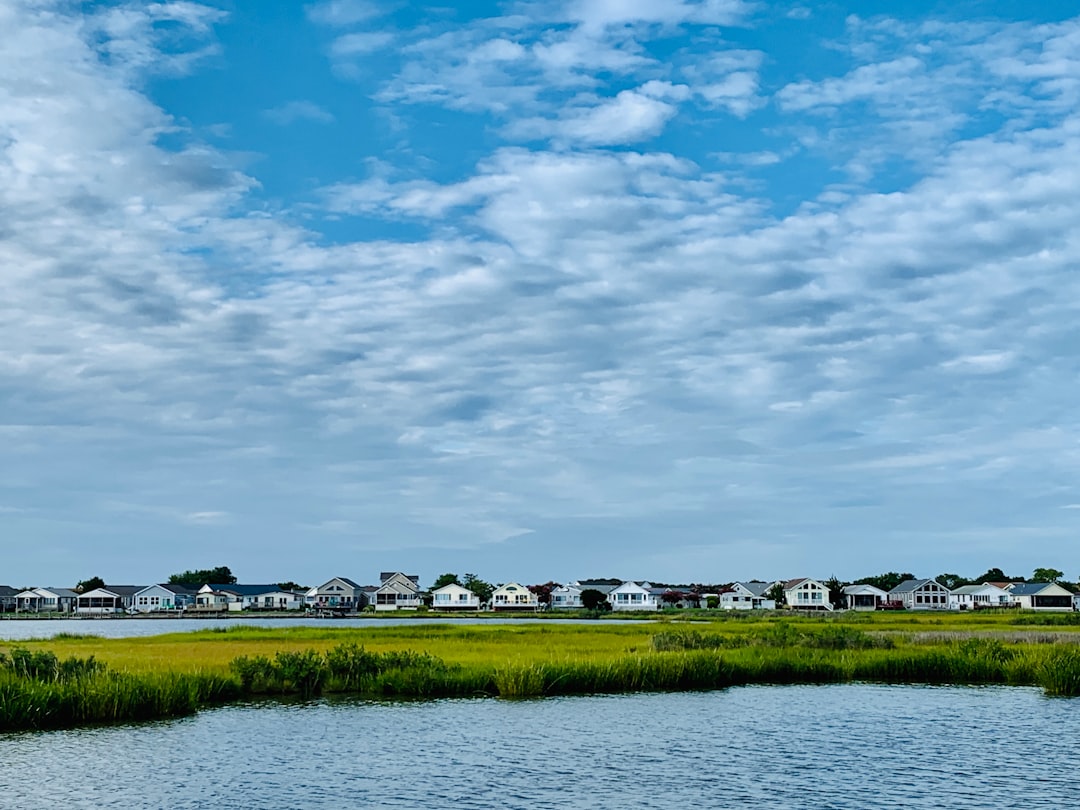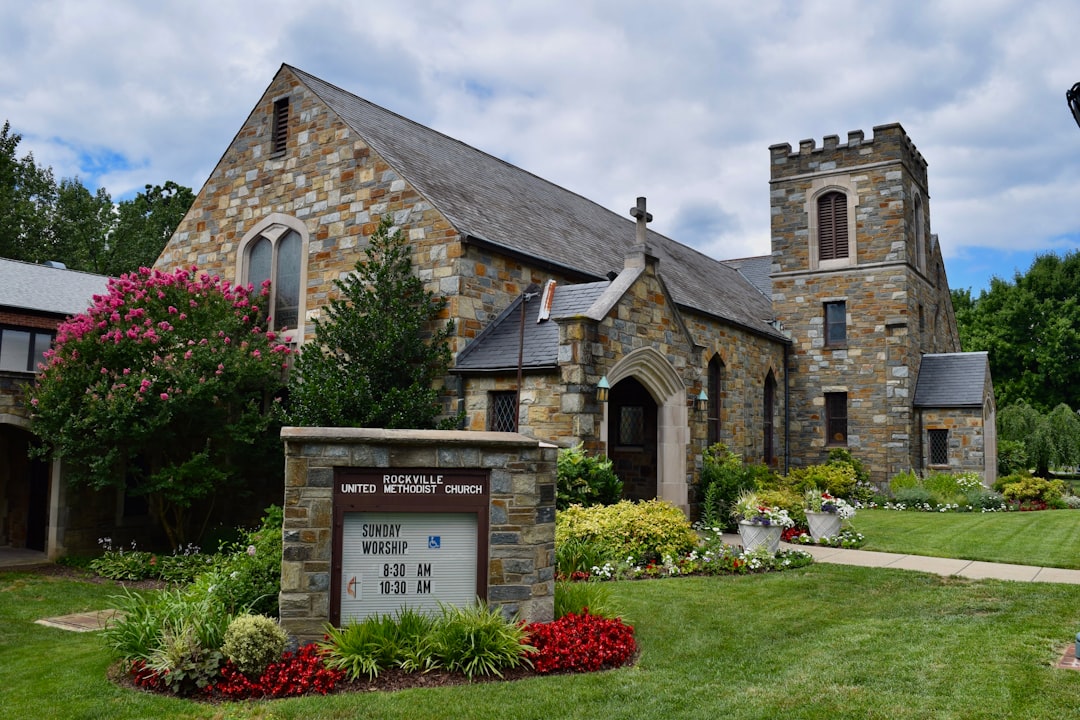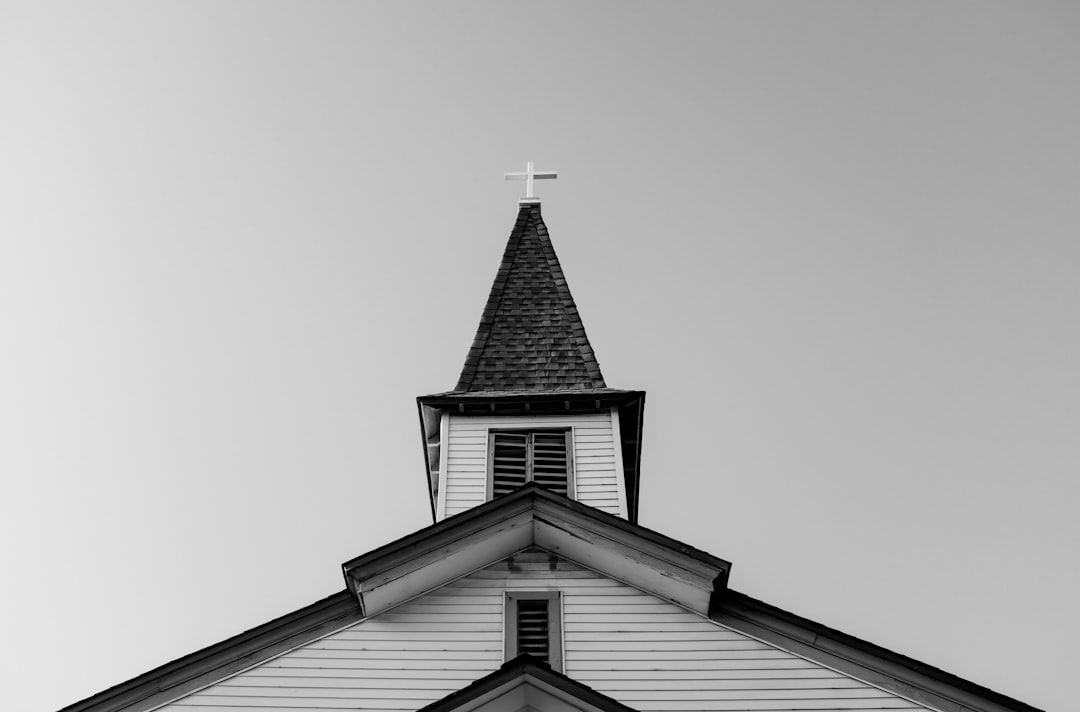Clergy abuse in Maryland affects survivors through sexual harassment, emotional manipulation, and exploitation. Understanding rights is crucial for healing. A specialized clergy abuse attorney Maryland navigates legal complexities, advocates for survivors, and ensures accountability. Maryland's laws protect victims and offer compensation. Choosing an attorney requires expertise in spiritual and legal aspects, experience, confidentiality, communication style, testimonials, and case management. Prompt action, including gathering documentation and securing support, is essential within statutes of limitations (one-two years). Consulting a clergy abuse attorney Maryland guides survivors through legal avenues for justice and closure.
In Maryland, the issue of clergy abuse has garnered significant attention due to its profound impact on survivors’ lives. Many individuals who trusted spiritual leaders have faced traumatic experiences, often leading to lasting emotional scars. This complex problem necessitates a thorough exploration of legal avenues for justice and healing. Herein lies the critical role of a skilled clergy abuse attorney Maryland residents can rely on. We will delve into the rights of victims, the legal options available, and how an experienced lawyer can navigate this sensitive area to secure accountability and provide much-needed closure.
Understanding Clergy Abuse: Recognizing and Defining Survivors' Rights

Clergy abuse, a sensitive and complex issue, often leaves survivors with profound emotional scars and legal uncertainties. In Maryland, recognizing and understanding one’s rights as a survivor is a crucial step towards healing and justice. The term ‘clergy abuse’ encompasses various forms of misconduct by religious leaders, including sexual harassment or assault, emotional manipulation, and exploitation of vulnerable individuals within their care. It’s important to acknowledge that such abuses can have severe psychological impacts, often leading to anxiety, depression, and post-traumatic stress disorder (PTSD).
Survivors may face unique challenges when pursuing legal action due to the sensitive nature of these cases. In Maryland, a clergy abuse attorney specializes in navigating these complexities and advocating for survivors’ rights. They can help individuals understand their legal options, which may include civil lawsuits against the abuser or organizational liability against religious institutions. The statute of limitations for filing a claim varies based on the type of abuse; however, it is essential to act promptly as delays could hinder potential legal remedies.
Practical steps for survivors involve documenting interactions with the abuser and seeking immediate support from trusted sources, such as local law enforcement or counseling services. Collecting evidence, including any available records from religious organizations, can significantly strengthen a case. A Maryland clergy abuse attorney can provide expert guidance on gathering and presenting this evidence effectively. By understanding their rights and working with legal professionals, survivors can take proactive measures to seek justice and hold accountable those who have caused them harm.
Maryland Legal Framework: Laws and Protections for Survivors

In Maryland, clergy abuse survivors have a legal framework designed to protect them and provide avenues for justice. The state has specific laws addressing sexual misconduct by religious leaders, establishing clear guidelines for accountability and compensation. For instance, Maryland’s Sexual Offense Law includes provisions that enhance penalties for offenses committed by individuals in positions of authority, such as clergy members. This legislation recognizes the unique power dynamics at play within religious institutions and aims to deter future abuse through stricter punishment.
Survivors can seek legal redress through civil lawsuits against abusive clergy members and the institutions they represent. Maryland law allows for claims of negligence, intentional infliction of emotional distress, and breach of fiduciary duty. A key aspect is the statute of limitations; survivors have a limited time to file lawsuits, typically within three years of discovering the abuse or its cessation. This timing requirement underscores the importance of prompt action, encouraging survivors to come forward without undue delay. Engaging a clergy abuse attorney Maryland can guide victims through this process, ensuring their rights are protected and that they receive fair compensation for their suffering.
Additionally, Maryland offers protection orders and support services for survivors. The state’s Criminal Law provides measures to prevent further harm by allowing courts to issue protective orders against abusers. These orders can restrict contact between the perpetrator and the survivor, offering a crucial layer of safety. Organizations dedicated to assisting clergy abuse survivors in Maryland offer legal aid, counseling, and advocacy, empowering individuals to take control of their healing journey and seek justice.
Finding the Right Clergy Abuse Attorney Maryland: Key Considerations

Choosing a clergy abuse attorney in Maryland is a significant decision for survivors seeking justice and healing. It’s essential to find legal counsel with profound understanding of both the spiritual and legal complexities involved in these cases. Survivors should look for attorneys specializing in clergy abuse, equipped with extensive knowledge of state laws, relevant church doctrines, and the unique challenges that arise in such sensitive matters.
Key considerations include verifying the attorney’s experience handling similar cases, ensuring confidentiality and a non-judgmental approach, and assessing their communication style. Past clients’ testimonials can provide valuable insights into an attorney’s effectiveness and empathy. Moreover, understanding the attorney’s approach to compensation and case management is crucial, as some firms offer contingent fees, removing financial burdens for survivors.
Maryland has seen significant cases involving clergy abuse, underscoring the need for knowledgeable legal representation. Survivors should not hesitate to consult with multiple attorneys before making a decision. A thorough evaluation process ensures that the chosen advocate aligns with the client’s goals and can navigate the intricate path toward justice and closure. This meticulous approach is vital in what can be an emotionally charged and challenging journey.
The Road to Justice: Steps for Survivors to Seek Compensation

Seeking justice for clergy abuse is a critical step towards healing and recovery for survivors in Maryland. The road to compensation involves several key processes designed to ensure survivors’ rights are protected and their stories are heard. A crucial first step is to consult with a qualified clergy abuse attorney Maryland-based, who can provide specialized knowledge of the legal landscape and available options. These attorneys have extensive experience navigating complex legal systems and understanding the unique challenges faced by survivors.
One of the initial tasks is to gather comprehensive documentation related to the abuse, including any evidence, records, or witness statements. This process may involve reaching out to local authorities, church officials, or former peers for support. Once the relevant information is secured, a clergy abuse attorney Maryland can assess the case’s strength and advise on potential legal avenues. Common routes to justice include civil litigation against the abusive clergy or the institution responsible, seeking damages for emotional distress, physical injuries, and other associated losses.
Survivors should be aware of time limits, known as statutes of limitations, which govern how long they have to file a claim after the abuse occurs. In Maryland, these vary depending on the type of case, but generally, survivors have until one or two years after discovering the abuse or their 21st birthday to take legal action. Promptly engaging with a clergy abuse attorney Maryland is essential to ensure compliance with these deadlines and maximize the chances of a successful outcome.
About the Author
Meet Dr. Emily Williams, a renowned legal scholar and advocate specializing in clerical abuse cases. With a J.D. from Harvard Law and an LLM in Human Rights, Emily is a sought-after expert in Maryland’s legal landscape. She has authored several influential articles on clergy abuse survivors’ rights, contributing to publications like the American Journal of Legal Studies. Active on LinkedIn, she engages with professionals worldwide, offering insightful commentary. Her dedication to this sensitive area makes her a trusted guide for those seeking justice.
Related Resources
Here are some authoritative resources on legal assistance for Maryland clergy abuse survivors:
- Maryland Legal Aid (Legal Service Provider): [Offers free legal services to low-income individuals and offers guidance on various legal issues, including potential clergy abuse cases.] – https://www.marylandlegalaid.org/
- University of Maryland Law School Clinical Programs (Academic Study): [Provides clinical programs focusing on public interest law, offering valuable insights into handling complex legal matters related to clergy abuse.] – https://law.umd.edu/centers-initiatives/clinical-programs/
- Maryland State Bar Association (Legal Professional Organization): [A resource for finding qualified attorneys in Maryland, with a focus on ethical practice and victim support.] – https://msba.org/
- National Center for Victims of Crime (Non-profit Organization): [Offers national resources and support for victims, including information on legal rights and assistance specific to clergy abuse.] – https://ncvc.org/
- Maryland Department of Health – Child Abuse and Neglect Division (Government Portal): [Provides state-level statistics, reports, and resources related to child protection, which may include information relevant to clergy abuse cases.] – https://dhmh.maryland.gov/child-welfare/
- American Bar Association – Task Force on Clergy Sexual Abuse (Industry Report): [An in-depth study and resource guide for legal professionals addressing the unique challenges of clergy sexual abuse cases.] – https://www.americanbar.org/groups/religion/resources/clergy-sexual-abuse/
- Catholic Church in Maryland – Office of Legal Counsel (Internal Guide): [Offers guidance specific to the Catholic Church in Maryland regarding legal matters, including potential procedures for handling clergy abuse claims.] – https://www.arcmd.org/legal-counsel/






